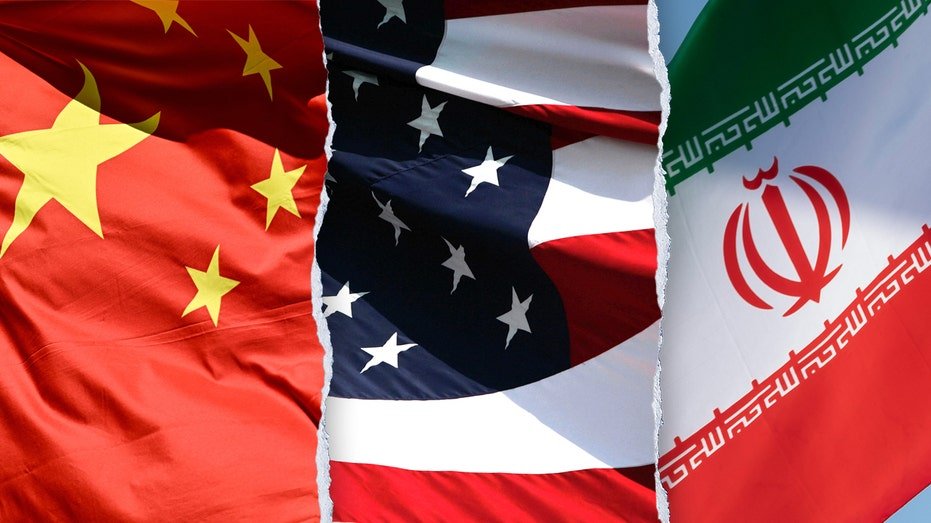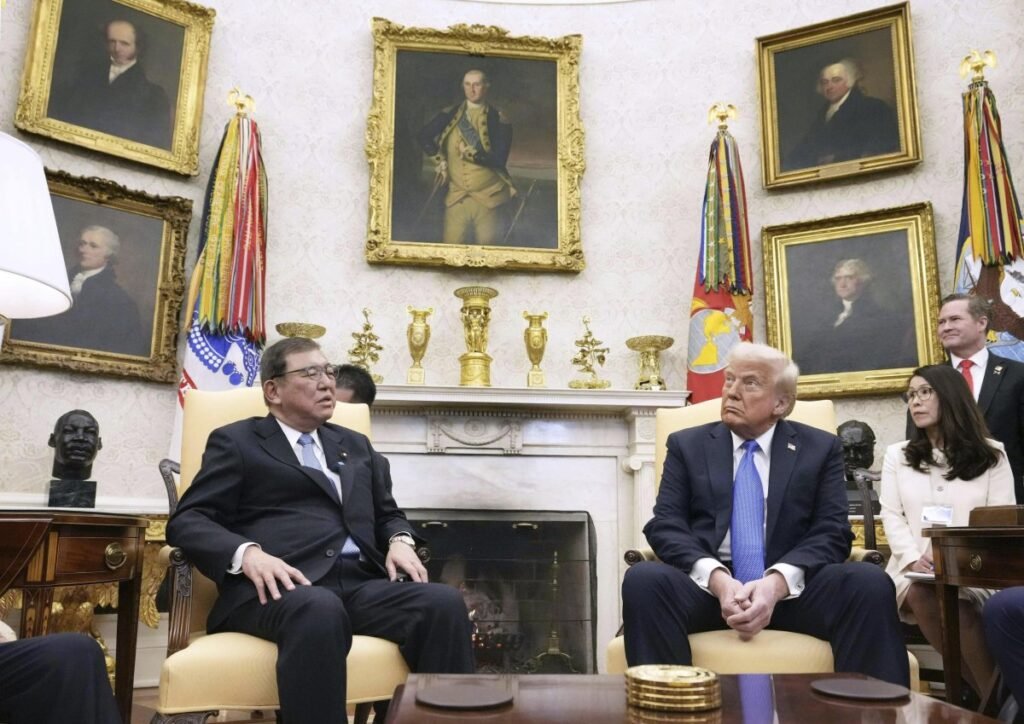
The Ma’erdang hydropower station in Qinghai Province has successfully completed China’s first trial of pressurized-water phase-modulation technology on a large hydroelectric unit, CHN Energy reported on May 28.
The technology, introduced at the station in October 2023, uses compressed air to lower the water level in the draft tube, allowing the turbine runner to rotate above the water. This enables quick switching between power generation and phase-modulation modes.
During dry seasons, the system allows the unit to shift into phase modulation to support long-distance power transmission. In flood seasons, it returns to power generation and flood control, increasing the station’s flexibility.
According to test data, Ma’erdang’s Unit No. 2 completed transitions between operational modes in 78 to 131 seconds. While in phase-modulation mode, it sustained a reactive power absorption depth of 280 MVAr, with a peak of 420 MVAr, and maintained stable performance for 24 hours. Unit parameters exceeded design limits, with a stator winding temperature rise of less than 8°C, turbine seal ring temperature rise under 16°C, and air leakage limited to 2.1 cubic meters per hour.
The new system is expected to improve voltage regulation across the Yellow River basin and enhance the grid’s ability to integrate renewable energy. Authorities estimate it could increase new energy absorption by 300 MW and cut annual electricity losses by about 70 million kWh.

Sign up for our weekly news round-up!
Give your business an edge with our leading industry insights.







